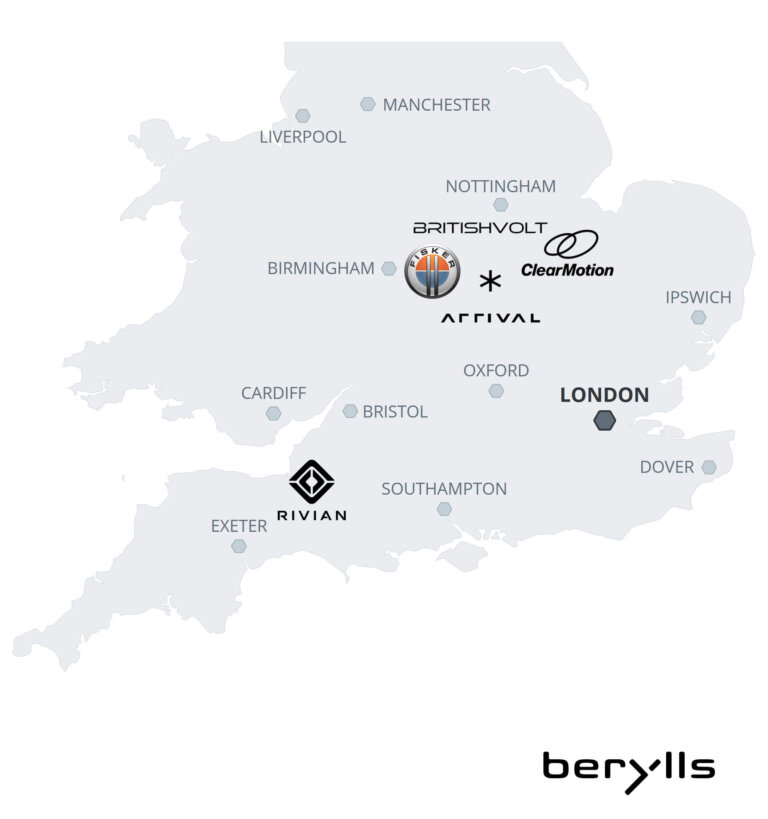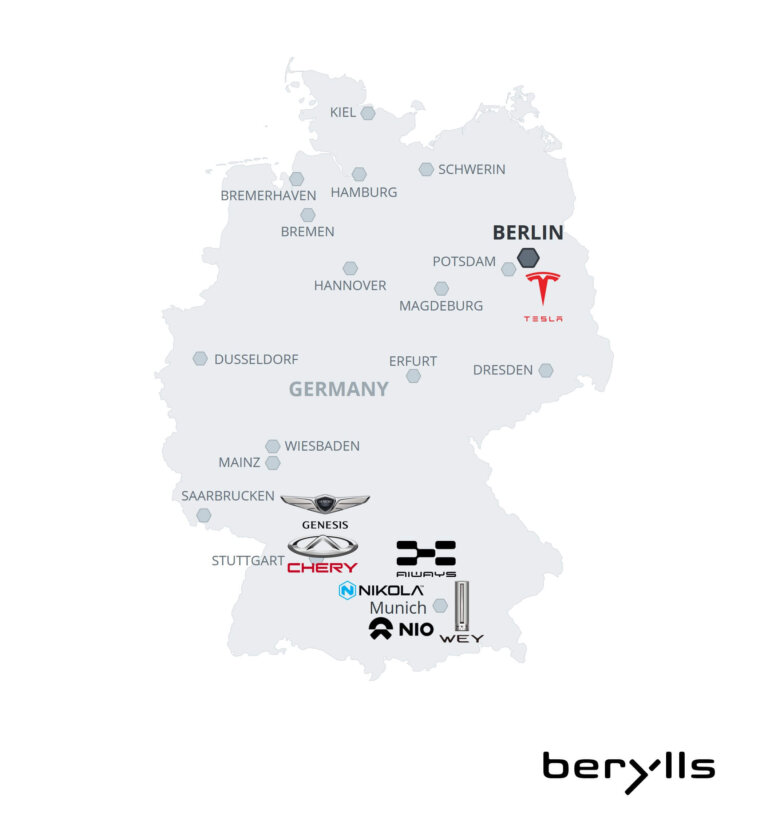t is the final chapters in the life of British car companies that many of us remember. The formation and subsequent break-up of British Leyland, the various take-overs of Jaguar and Land Rover, and the numerous near and full bankruptcies of performance and luxury marquees from Aston Martin to TVR.
The late 20th century then brought a new beginning as ‘the aircraft carrier of the Japanese’ (at least according to Pierre Calvet of PSA) when Honda, Nissan and Toyota built large new assembly and component plants on the British Island to supply the European market with locally built vehicles. The then new free-trade regime within the EEC allowed full integration of supply chains with the continent. The free movement of people in the EU later on eased bringing the required talent to where it was needed. Britain thereby could compensate the closure of long-established plants by Renault, Peugeot, Ford and Vauxhall and remain a leading European auto nation.
But surely BREXIT was to end all that! Did it?
It certainly looked like it – after the referendum in June 2016 several top executives publicly put the future of their UK operations in doubt in case of a hard BREXIT without fully free trade with the EU. The final outcome of the dreadful BREXIT negotiations in January 2020 was still fairly ‘hard’: no longer can talent move freely to the UK from the EU nor can parts and vehicles (like any other goods) be shipped across the British Channel without lots of paperwork and numerous reasons for delays.
However, so far only Honda has confirmed to close their British plant – but denied that this has anything to do with BREXIT. Some others have announced substantial investments in their British facilities. So there is still life left in the British car industry after all? Quite a bit, indeed!
Beyond keeping some of the existing operations going, who would have thought that Britain, cut off from both talent and demand of the EU, would be able to attract new car companies and key suppliers? And yet it did…
Besides the ‘come & gone’ Dyson car project an impressive array of automotive startups has set up shop in Britain within the last few years:
Beyond keeping some of the existing operations going, who would have thought that Britain, cut off from both talent and demand of the EU, would be able to attract new car companies and key suppliers? And yet it did… Besides the ‘come & gone’ Dyson car project an impressive array of automotive startups has set up shop in Britain within the last few years.
These rather serious players are creating hundreds of new jobs in Britain and must see a competitive advantage in Britain’s combination of automotive heritage (and existing talent available at reasonable wages), world-renowned technical university system and … the English language. Not surprisingly most of these companies have a US-background – with Arrival and Britishvolt obviously being British companies.

These rather serious players are creating hundreds of new jobs in Britain and must see a competitive advantage in Britain’s combination of automotive heritage (and existing talent available at reasonable wages), world-renowned technical university system and … the English language. Not surprisingly most of these companies have a US-background – with Arrival and Britishvolt obviously being Bitish companies.
The obvious one is certainly the birthplace of the automobile: Germany. Any auto startups here? Plenty, indeed! With Byton acting as the German counterpart of Dyson’s temporary existence the startup scene is as varied and lively as the British one:
The obvious one is certainly the birthplace of the automobile: Germany. Any auto startups here? Plenty, indeed! With Byton acting as the German counterpart of Dyson’s temporary existence the startup scene is as varied and lively as the British one.
It seems that for companies with an anglo-saxon background dealing with the Brexit aftermath is worth the trouble in exchange for the comfort of operating in an English-speaking environment. While players from Asia don’t seem to care so much – they overcome their language problems by hiring talent from the German car companies and therefore rather move to Germany, where they find equally good technical universities and plenty of well-trained auto talent.
Well, Tesla and Nikola seem to stand out as exceptions, but aren’t they both quite special cases anyway?

It seems that for companies with an anglo-saxon background dealing with the Brexit aftermath is worth the trouble in exchange for the comfort of operating in an English-speaking environment. While players from Asia don’t seem to care so much – they overcome their language problems by hiring talent from the German car companies and therefore rather move to Germany, where they find equally good technical universities and plenty of well-trained auto talent.
Well, Tesla and Nikola seem to stand out as exceptions, but aren’t they both quite special cases anyway?
Arthur Kipferler complements the expertise of the Berylls partner team in the fields of market & customer, technologies, sales, and digitalization, as well as in the development and implementation of corporate, product, and regional strategies.